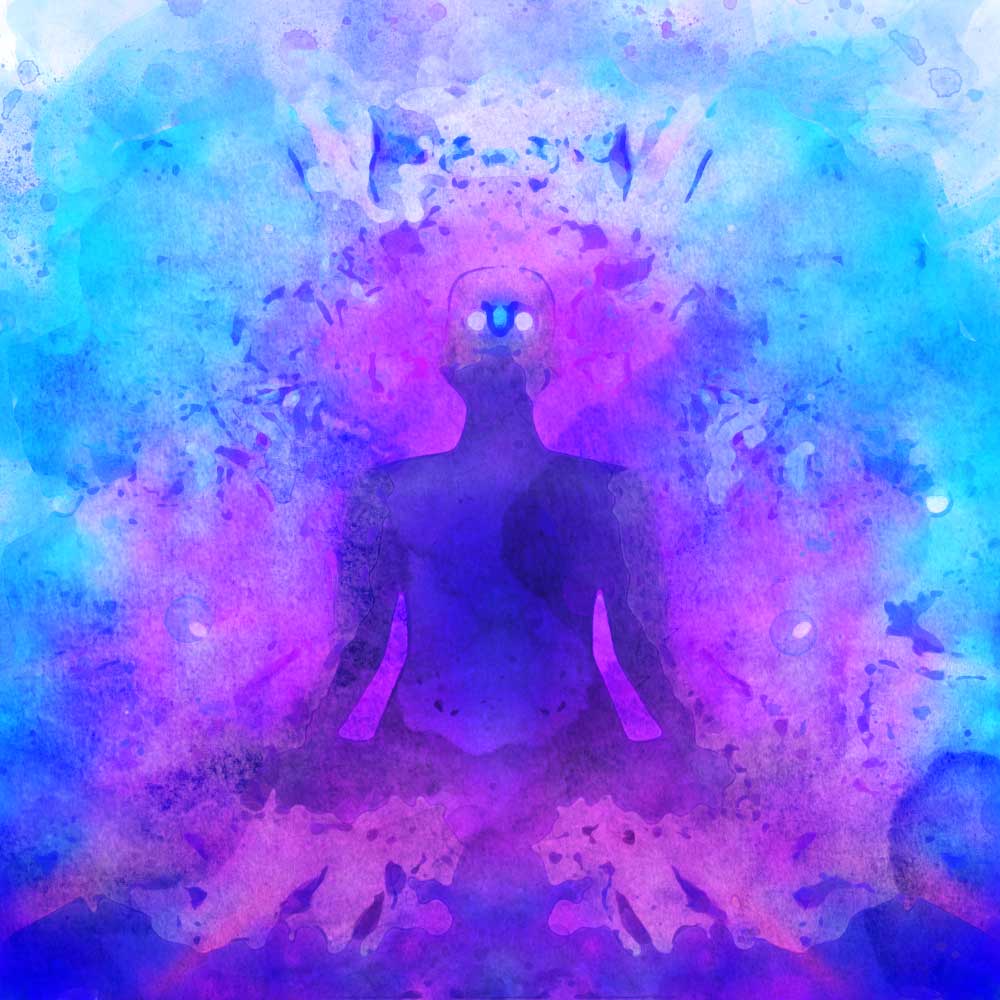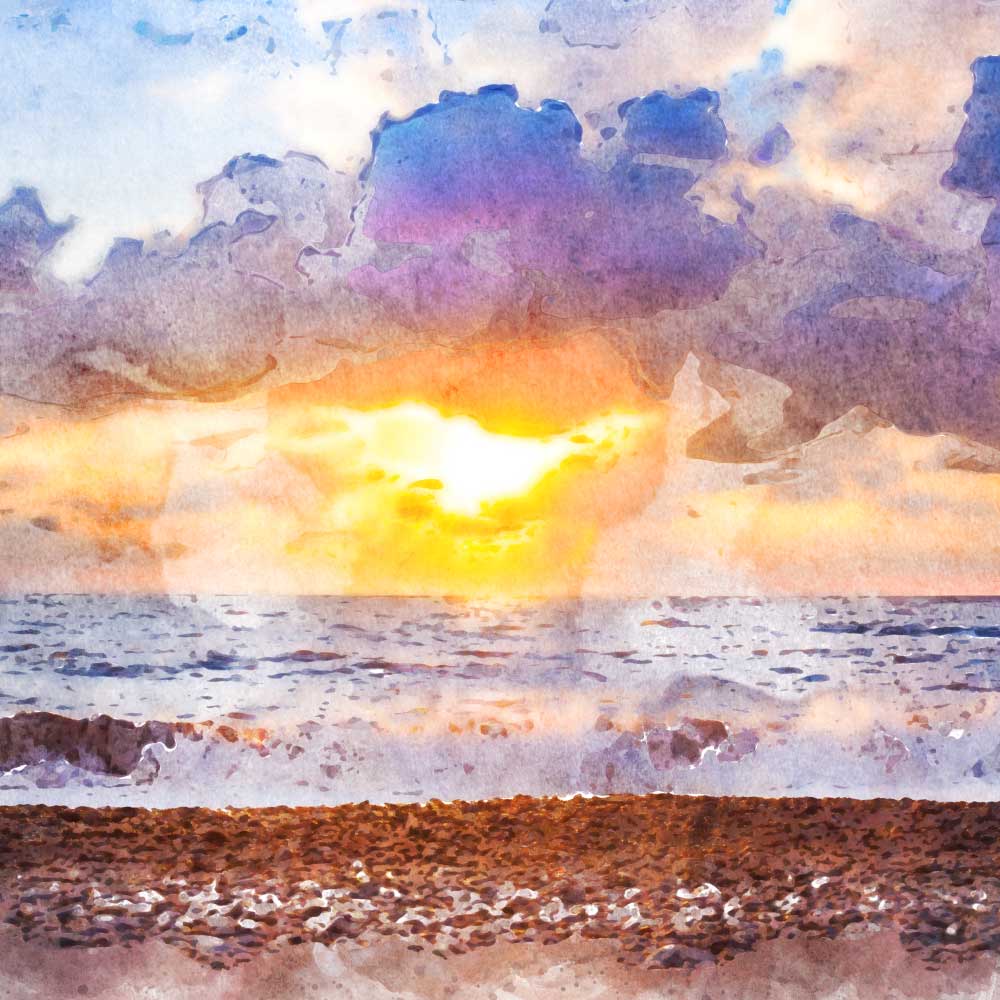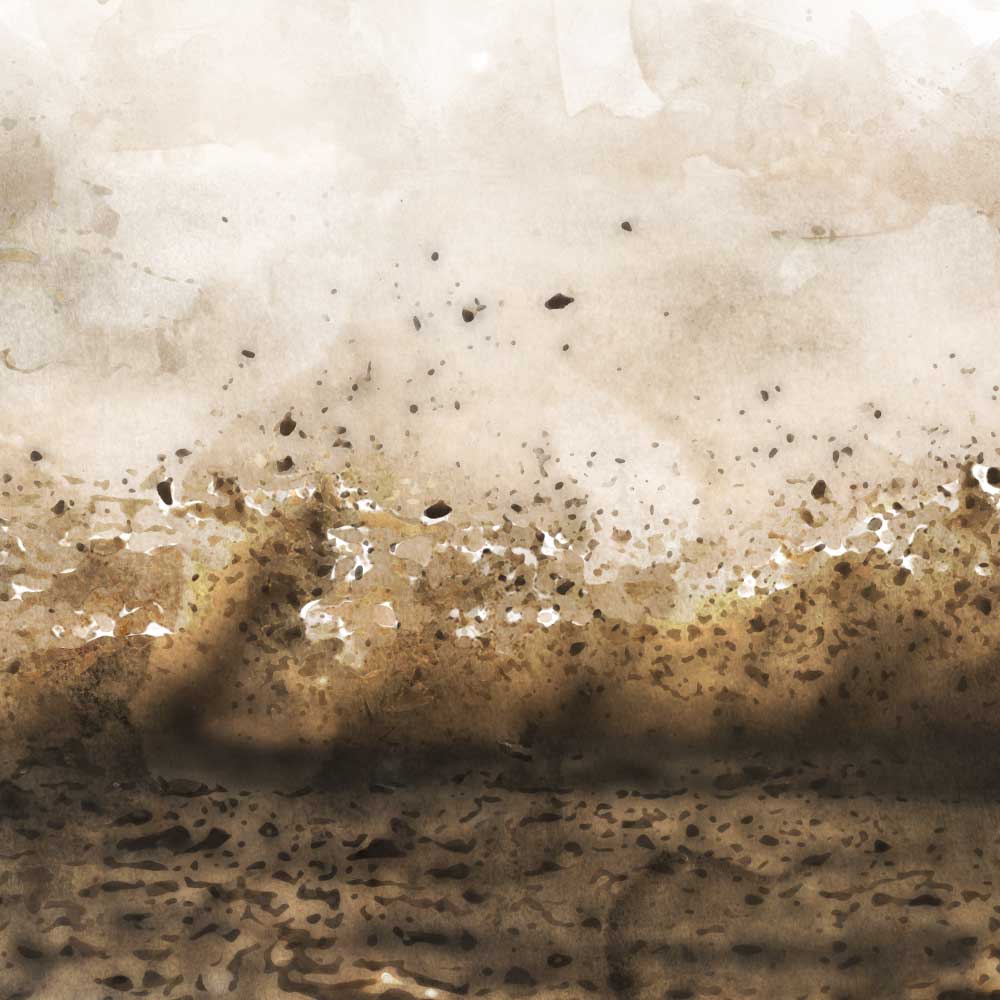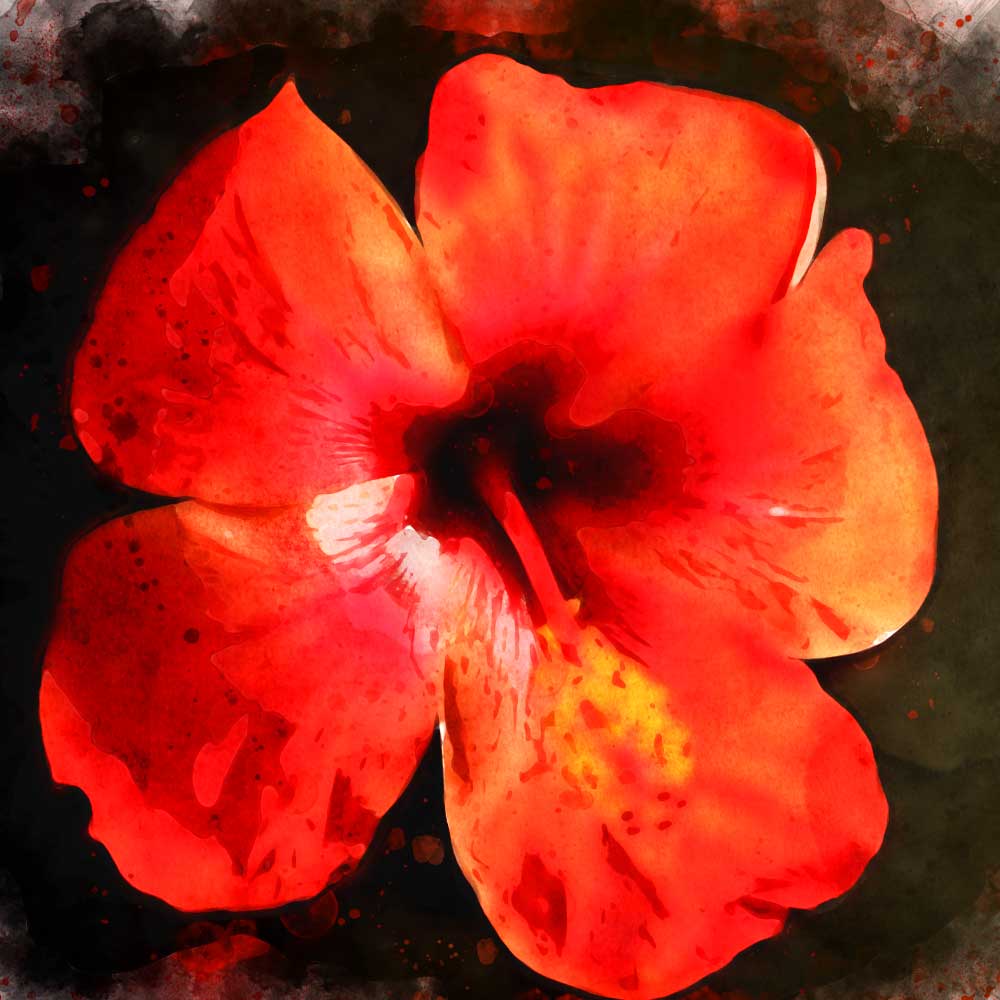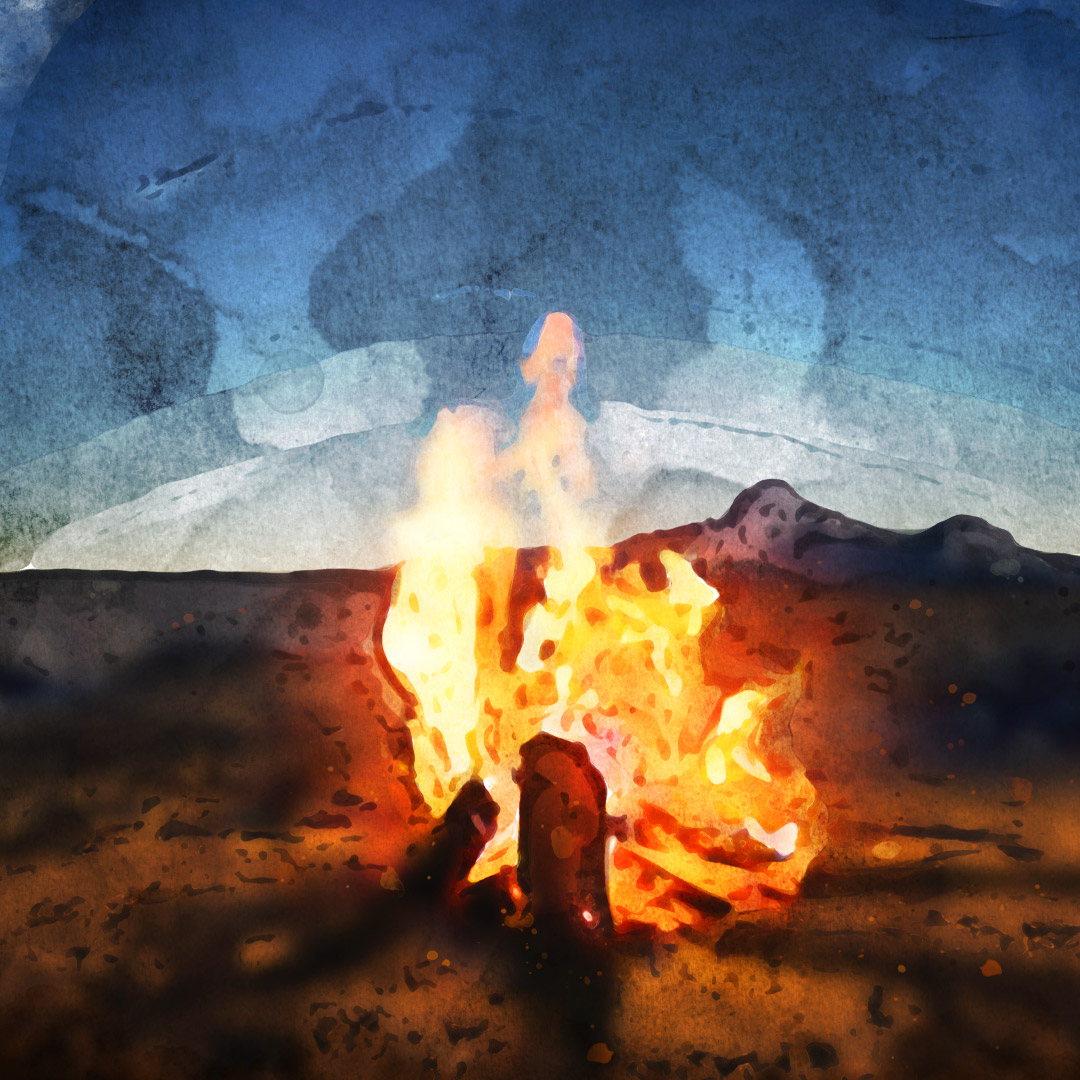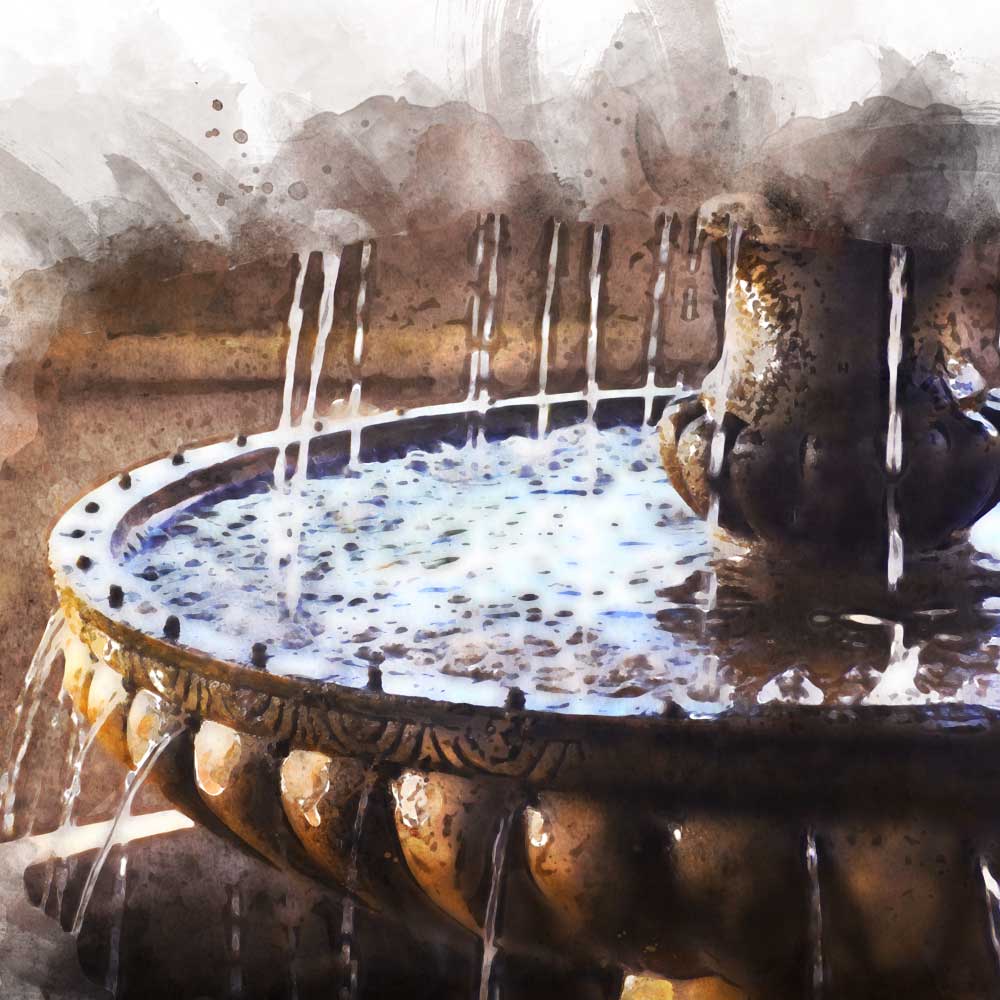The Katha Upanishad is one of the most prominent among the major group of philosophical and mystical sanskrit texts of ancient India. This sacred text is based on a mythical conversation between Naciketas, a young man and Yama, the Lord of Death. In this passage Yama is explaining the young man on the intricate relationship of the Self, the bodily powers and emotions.
Passage
Know that the Self is the lord of the chariot, the body verily is the chariot; know that the soul is the charioteer, and emotion the reins.
They say that the bodily powers are the horses, and that the external world is their field. When the Self, the bodily powers and emotion are joined together, this is the right enjoyer; thus say the wise.
But for the unwise, with emotion ever unrestrained, his bodily powers run away with him, like the unruly horses of the charioteer.
For him who is wise, with emotion ever restrained, his bodily powers do not run away with him, like the well-ruled horses of the charioteer.
But he who is unwise, restrains not emotion, and is ever impure, gains not that resting-place, but returns to the world of birth and death.
He who is wise, restrains emotion, and is ever pure, gains that resting-dace from which he is not born again.
He whose charioteer is wisdom, who grasps the reins—emotion—firmly, he indeed gains the end of the path, the supreme resting-place of the emanating Power.
The impulses are higher than the bodily powers; emotion is higher than the impulses; soul is higher than emotion; higher than soul is the Self, the great one.
Higher than this great one is the unmanifest; higher than the unmanifest is spirit. Than spirit nothing is higher, for it is the goal, and the supreme way.
This is the hidden Self; in all beings it shines not forth; but is perceived by the piercing subtle soul of the subtle-sighted.
Charles Johnston. From the Upanishads. Thomas B Mosher, 1899.

